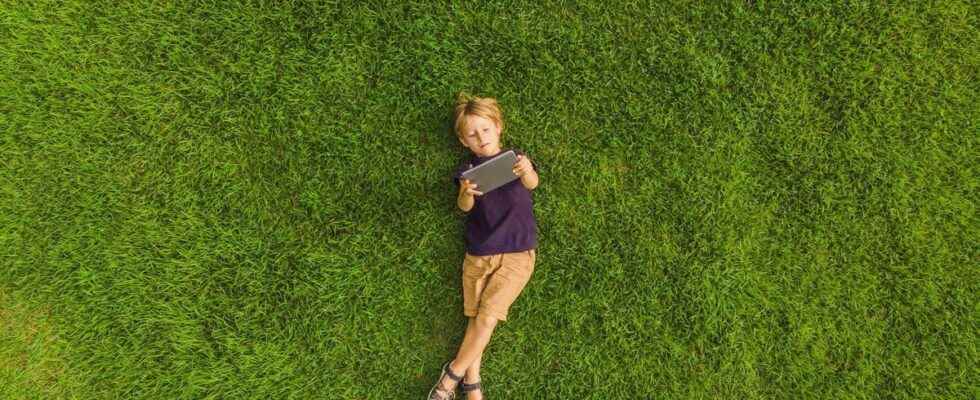Published on
Updated
Reading 2 mins.
If the call of nature seems to be growing stronger in the hearts of many citizens in recent years, this is not really reflected in the places where they live. According to a recent study, we are indeed living further and further away from green spaces. At the global level, this geographical distance would amount to 9.7 km on average.
Since the arrival of Covid-19 and the confinements, it is no longer rare to hear a friend, relative or colleague express their wish to live in a house with a garden or located near a green space. Perhaps one or more of your relatives have already taken the plunge by leaving the city for the countryside! We could therefore have deduced that the places where people live would become closer and closer to nature over the years.
But according to recent Franco-German research, it is rather the opposite. In fact, the spatial distance between our habitats and natural areas (lakes, forests, parks, mountains, etc.) has continued to increase over the past two decades. According to the study, it would have increased by 7% since the 2000s. In France, the average distance between place of habitat and corner of greenery would be 16 km. In Germany, it would be 22 km. Globally, this average distance is estimated at 9.7 km.
According to the authors of the work, this phenomenon could be partly explained by the destruction of natural areas combined with a strong increase in the urban population (in particular in Asia, Africa and South America), as well as the reduction in the coverage urban forest, which has also declined since 2000 (especially in Central Africa and Southeast Asia.)
These results are particularly important since a better understanding of the interactions between humans and nature is crucial in the adoption of pro-environmental behaviors. “To face the ecological challenges of the 21st century and the necessary social transformations, it is important to maintain a good connection to nature.“, underline in a press release CNRS researchers who participated in the study.
The study also sheds interesting light on the relationship that humans have with nature outside of proximity to the place of habitat. At the global level, this remoteness is illustrated for example through the decline of certain activities such as visiting natural parks in the United States or Japan. The researchers, who have scoured the scientific literature devoted to the subject, also cite previous studies demonstrating a representation of nature that is less and less present in the arts and in popular culture, whether in novels, songs or drawings. animated.
The researchers note, however, an increased interest in nature through technology: “watching animal documentaries, sharing photos of natural spaces on social networks or interacting with wild animals in video games seem more frequent than a few years ago. To believe that the connection with nature also takes place through its screen!
